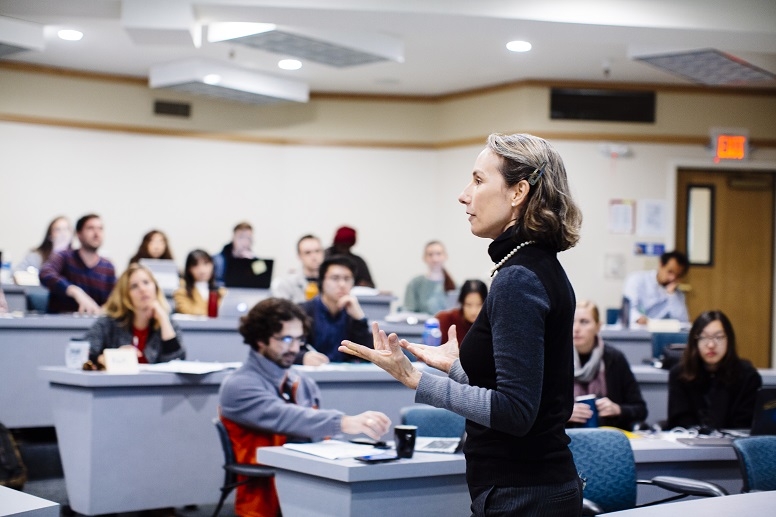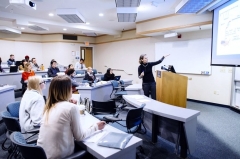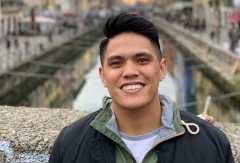Professor Moyara Ruehsen Previews Recommendations of Transatlantic Task Force Aimed at Combating Financial Crime
| by Jason Warburg
Financial Crime Management program head Professor Moyara Ruehsen serves on an international task force aimed at combating money laundering and other illicit methods of financing crime, terrorism, and weapons proliferation.




